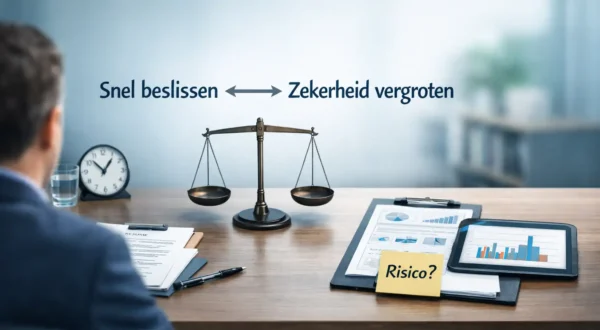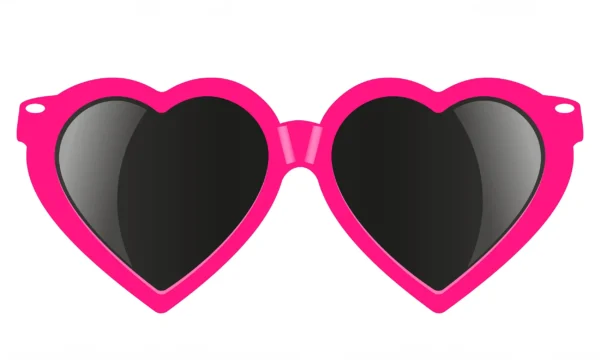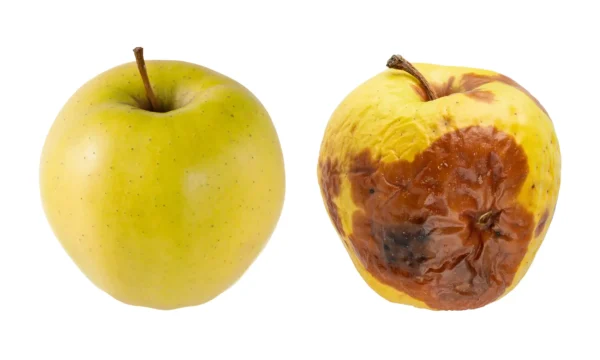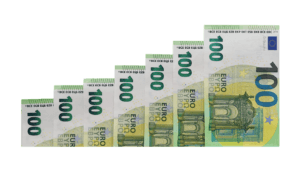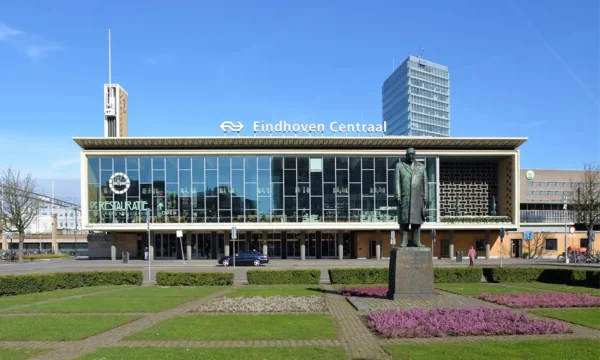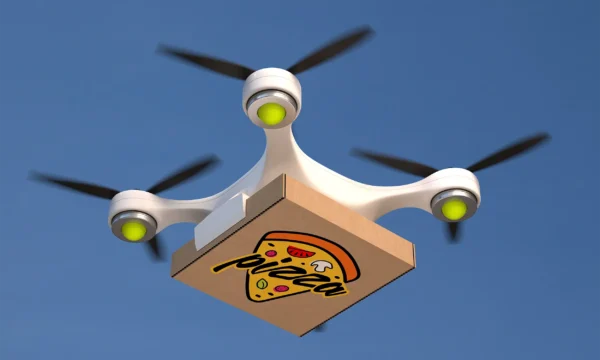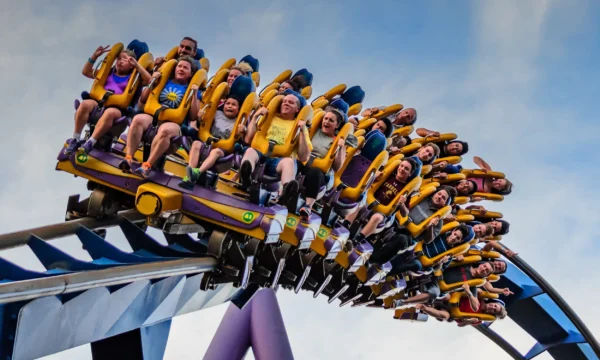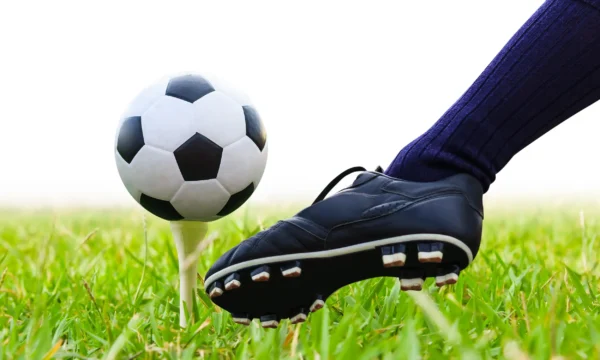Suppose you want to build a multidisciplinary or agile team. You have 9 team members in mind for a team size of 6. And even before the team begins the assignment, you can predict which combination of team members will be most successful.
Then interventions, coaching sessions, or repairs are less necessary. Fewer projects fail. Results are realized faster. And innovation gains momentum.
Predicting team performance is no longer a coincidence; nowadays, it is a scientifically based HR strategy.
Top talent does not always fit
You are responsible for a critical project within your organization. The deadline is tight, expectations are sky-high, and the company’s success largely depends on what your team will deliver in the coming months. You compose your team: all talented professionals with impressive resumes. Everything is going well. But then…
Progress falters. Consultation moments degenerate into discussions that lead nowhere. Everyone is working together, but the results lag. What went wrong?
This scenario sounds familiar to anyone who works with teams. But what if there was a way to know in advance whether your team would be successful? What if you could predict team performance?
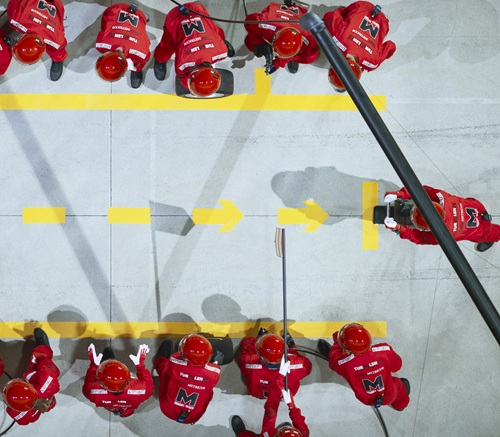
From individual toppers to a winning team
We have long known that an entire team of star players does not automatically become champions in sports. Dutch soccer player Johan Cruijff once said, “Soccer is a game of working together, and you don’t win that with eleven egos on the field.” The same is true in the workplace. Individual talents do not make a winning team. Yet many organizations still base their team selection on individual performance and skills. They forget that the magic of teamwork is not in the sum of individual talents but in how these talents come together.
Although we have been using assessments to predict individual work performance for almost a century, predicting team performance is still in its infancy. Imagine what is possible if we see in advance how well a team would work together and perform. That thought was the starting point for our quest: how can we make team performance predictable?
Our journey led us to a scientifically based and proven concept: collective intelligence. This dominant concept offers new insights into what makes teams successful and opens the door to a future where team performance is no longer a coincidence but a strategy.
What is collective intelligence?
In 2010, researchers Woolley et al. conducted a groundbreaking experiment. They assembled dozens of teams and had them perform complex tasks: solving puzzles, coming up with creative ideas, and making difficult decisions. The conclusion was astonishing. The team’s performance was determined not by the average IQ of the team members but by an entirely different factor: collective intelligence.
You can think of Collective Intelligence as the “team IQ.” It is the degree to which a team collaborates effectively, shares information, and solves problems. And the good news is that you can measure and predict it.
But what makes a team collectively intelligent? Science points to three critical factors:
- Social sensitivity: team members who are good at reading each other’s emotions and body language work better together.
- Balanced participation: teams where everyone gets to speak and no one dominates the discussion make smarter decisions.
- Psychological safety: teams where members feel safe sharing ideas and admitting mistakes have been shown to perform better (Edmondson, 1999).
Predicting team performance as a strategy
Until now, team composition has often been left to luck. Managers choose team members based on resumes, personal preferences, or past performance. But imagine no longer having to guess. Like an assessment for individual performance, you could get a scientifically based picture of how well a team will perform. What would that mean for your organization?
Better results. Less risk. Faster innovation.
Let’s take an example from the world of tech startups. In an industry where speed and innovation are crucial, the right team can distinguish between success and failure. Startups are more innovative and successful when investing in highly collective intelligence teams. They solve complex problems faster and can better adapt to market changes.
The same principle applies in large companies if you know from the start of a multi-million dollar project that your team can overcome obstacles and deliver exceptional results. There are no more surprises halfway through, but a focused strategy from day one.
The secret of successful organizations
Successful companies like Google and Amazon already use science insights to build and optimize their teams. Google’s famous Project Aristotle showed that the best teams are not made up of the smartest individuals but of people who work well together and trust each other.
Psychological safety, empathy, and good communication prove crucial. That’s not a coincidence, but strategy.
Discuss teamwork on Minds United
What if your organization can make a difference?
Investing in measuring and predicting team performance can create a strategic advantage. Assembling teams no longer becomes a gamble but an informed choice. This means:
- Less wasted time and money: no long processes to discover why a team is not functioning.
- Better decision-making: Teams that work more effectively together make smarter, more informed decisions.
- More innovation: Strong teams come up with better ideas and bring them to reality faster.
Predicting team performance is the next big thing for organizations. Just as we were once pioneers in predicting individual performance with assessments, we are now at the dawn of a new era: that of collective intelligence.
What if your organization looked not only at the best individuals, but at the best teams? That question can make the difference between performing well and becoming a market leader. The answer lies not in luck but in science.
Literature list – predicting team performance.
- Woolley, A. W., Chabris, C. F., Pentland, A., Hashmi, N., & Malone, T. W. (2010). Evidence for a Collective Intelligence Factor in the Performance of Human Groups. Science, 330(6004), 686-688.
- Edmondson, A. C. (1999). Psychological Safety and Learning Behavior in Work Teams. Administrative Science Quarterly, 44(2), 350-383.
- Salas, E., Cooke, N. J., & Rosen, M. A. (2008). On Teams, Teamwork, and Team Performance: Discoveries and Developments. Human Factors, 50(3), 540-547.

